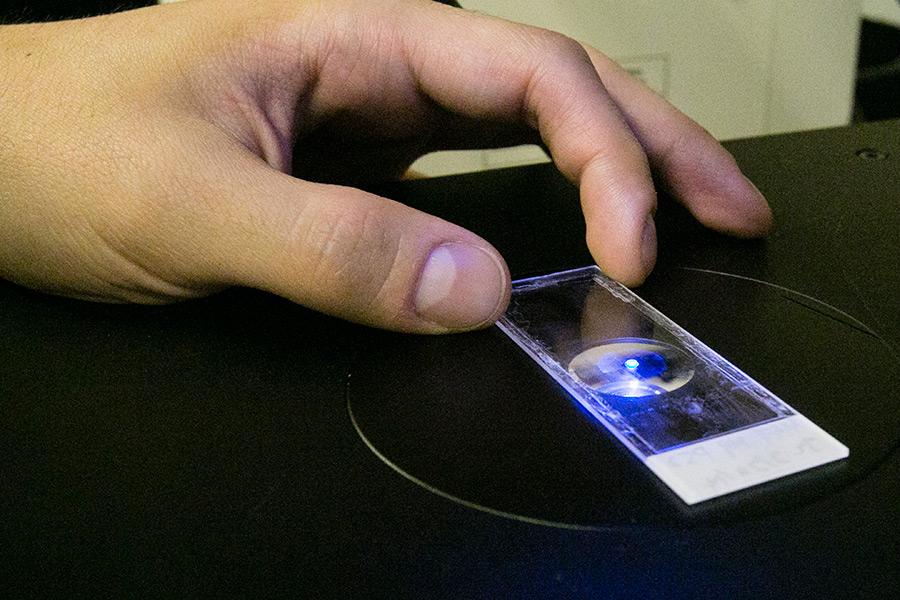Chemical and Biological Engineering

Chemical Engineering (BS, MS, PhD)
Chemical engineering builds on the sciences, especially chemistry and now biology, to design good processes and products useful for society. Chemical engineers tend to be the broadest of all engineers and thus are employed in a wide range of industries. Besides being well-trained in sciences they appreciate the central role of economics as they are often concerned with the production of products that will be sold and bought at an affordable price. Their professional skills are required wherever engineering and chemistry or biology intersect. This occurs not only in the chemical industry but also in the biological, environmental, health, legal, and medical fields. Chemical engineers are researchers, designers, producers, and managers. Petroleum, paints, plastics, paper, detergents, pharmaceuticals, vaccines, microchips, drugs, processed foods, fertilizers, conventional and nuclear fuels, insecticides, rocket propellants, synthetic fibers, and rubber are among the many products they help create.
Biotechnology Engineering (cert., PhD)
The ability to manipulate the genetic content of microbial, insect, animal, and plant cells has led to a variety of commercial applications in medicine, nutrition, materials science, and the environment. New biotechnology-derived pharmaceutical products are gaining FDA approval, and the sequencing of the human genome will lead to tremendous new opportunities in disease prevention. Study biotechnology at Tufts to develop the skills needed to develop today's products.
Bioengineering - Cell and Bioprocess Engineering (MS)
The Cell and Bioprocess Engineering track in the Bioengineering MS program looks at bioprocess design and optimization with emphasis on molecular and cellular processes. Our major educational objective for students is the attainment of core knowledge in both upstream and downstream engineering aspects of modern biotechnology. The core subject areas integrate applied biology, chemical reaction engineering and systems analysis. Topics include enzyme and pathway engineering; fermentation and bioreactors; and cellular systems modeling and analysis.
Materials Science and Engineering (Joint PhD)
Materials scientists study how the history of a material influences its structure and properties, advancing understanding in research areas that include metallurgy, solid-state physics, and biomaterials. The interdisciplinary Materials Science and Engineering PhD program offers graduate students a wide array of opportunities to study and develop materials that will change the world.